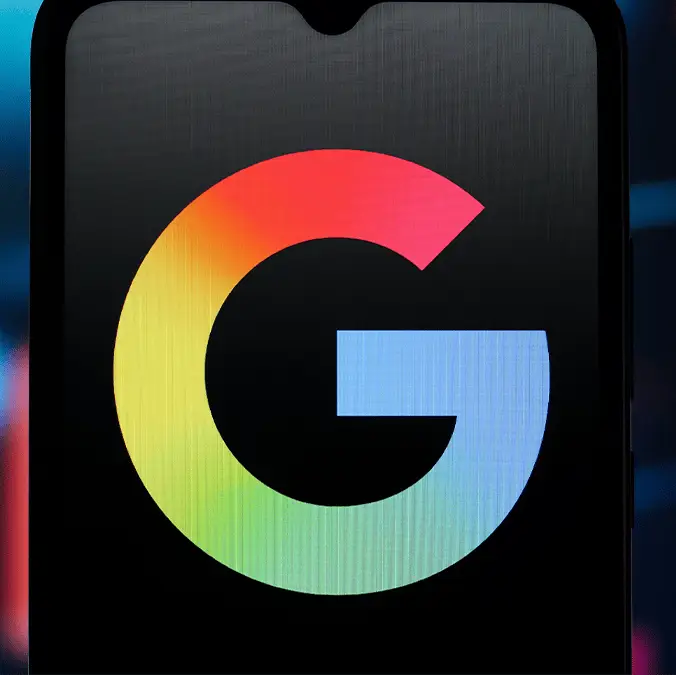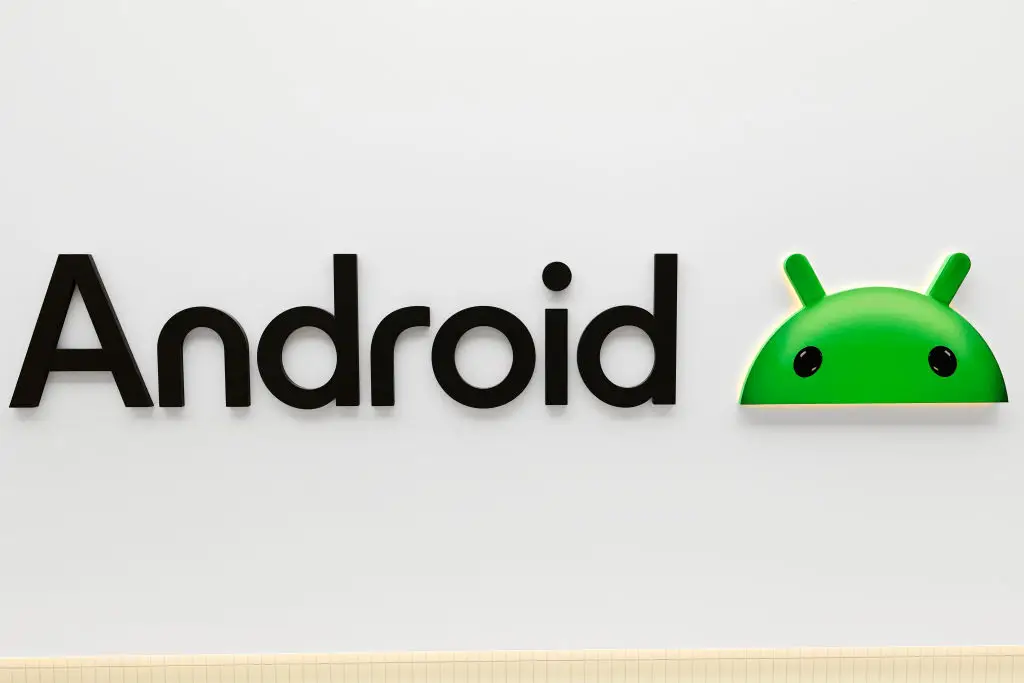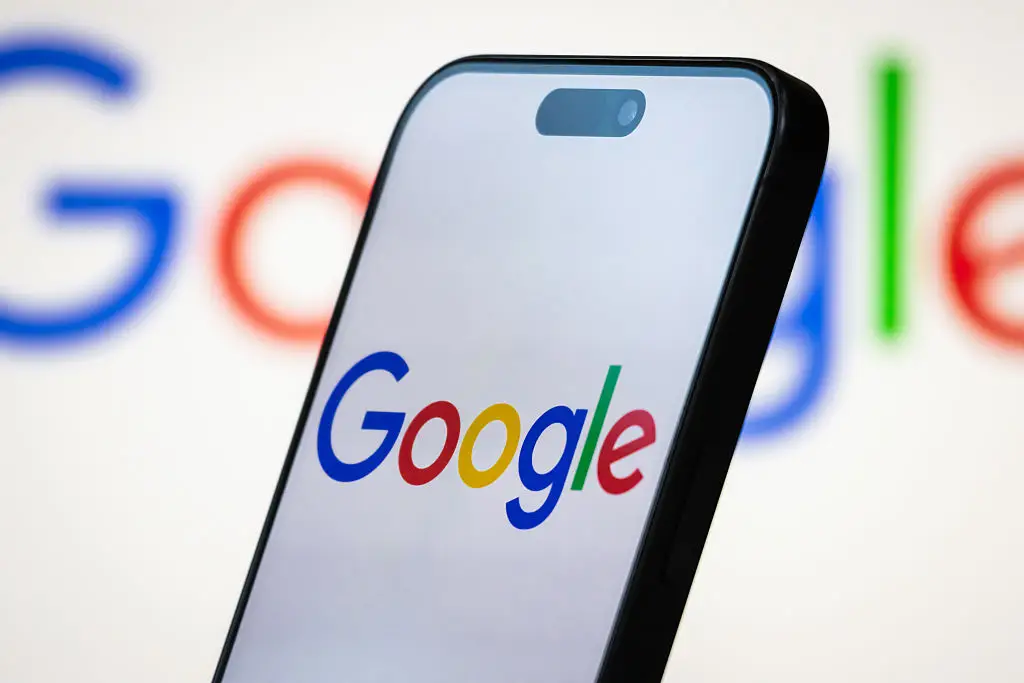
One of the biggest differences between iOS and Android is now being removed by Google in a new update, as people outside of the iPhone ecosystem have been left furious at this unexpected change.
There are plenty of reasons why someone buying a new smartphone would go for either iOS or Android, as while Apple offers a more streamlined experience that definitely makes sense if you've got multiple products from the tech giant, Android is often cheaper and offers a greater flexibility.
While designs and specifications have become more homogenous over the years as the use case for phones has changed, there still remains a few key reasons why someone might want to opt for the freedom of Android over iPhone in the same way that someone might go for Windows over Mac.
However, in an unexpected turn of events Google has now removed one of Android's most praised features as a cybersecurity measure, and it has left many wondering whether they want to stay with Android in the future.
Which Android feature has been removed by Google?
As reported by Mashable, Google's latest update has removed the ability to sideload apps from unverified developers that don't have a platform on the Google Play Store.
Advert

While this might sound a bit sketchy to someone who has never done it before, it can open up a number of doors that were otherwise inaccessible, including access to apps that have been restricted in your region, or experimental tests that might not yet be ready for the full blown app store.
Some people have been able to download versions of YouTube that remove ads, for example, alongside game launchers that give you access to titles that are region-locked to places like Japan or China.
Why has Google removed Android sideloading?
Google's reasoning for the change, as explained in a blog post, is all to do with security, as they claim that it significantly lowers the chance of users being exposed to malicious developers — which has continued to be a problem that certain users have faced recently.
"We've seen how malicious actors hide behind anonymity to harm users by impersonating developers and using their brand image to create convincing fake apps," Google explains.

"The scale of this threat is significant: our recent analysis found over 50 times more malware from internet-sideloaded sources than on apps available through Google Play."
Google has also added developer verification to the Play Store to make it far easier for people to be confident that they're downloading a genuine app, as there have been instances where developers have been able to mimic others to their advantage.
Why are people unhappy with this change?
While there's no doubt that it increases the security of Android users, this change has left many frustrated as it restricts what they can do with their phones, and makes the gap between iPhones and Android devices far narrower as a result.
Plenty of people opt for Android specifically so that they can sideload programs and perform other tasks outside of the phone's traditional system, so removing these features in the name of safety has removed a big unique selling point for the devices.
"Sideloading is essential for developers and power users who want more control over their devices," writes one user in response to the news on Reddit, with another adding that "it has always been my primary reason for using Android. Let me use my device as I choose."
Most people who engage in sideloading are already aware of the security risks too, so there's an argument that any measure to 'reduce' these by removing the option altogether is completely redundant.
